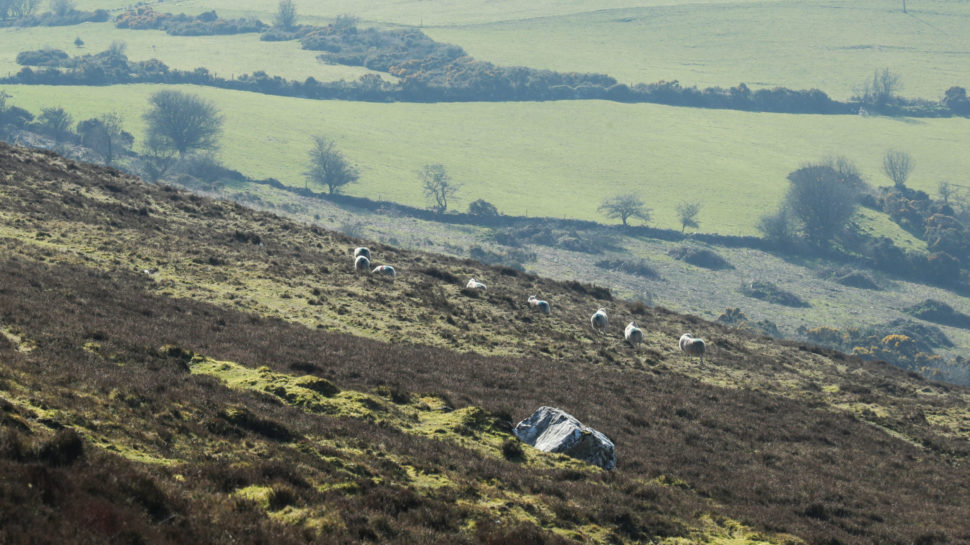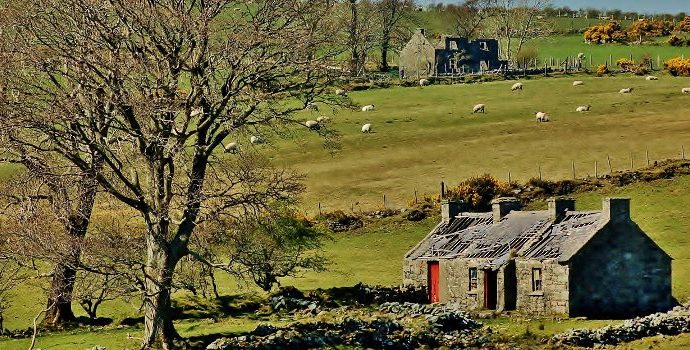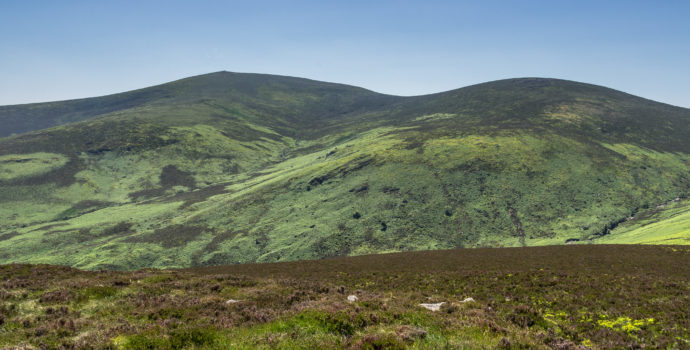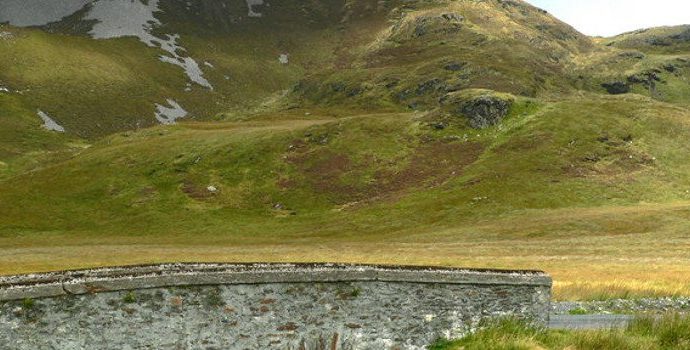Hill Farming Essential Part of Upland Management

IFA Hill Farming Chair Caillín Conneely said economic and social activity is absolutely critical to the ongoing management of our hills, and grazing by cattle and sheep is essential to ensure this is maintained.
He rejected a call by Irish Wildlife Trust to remove livestock from uplands as divisive.
“In areas where farmers are already struggling, any suggestion of reducing livestock in hill areas would have a serious impact on the livelihoods of farmers and lead to further economic and social decline in these areas,” he said.
Without proper management of our uplands, which includes grazing, these areas would go wild, resulting in a loss of unique species that are associated with upland areas.
While maintaining habitats on our uplands is important, destocking on hills or reduction of stocking numbers on hills is not a sustainable option. Sheep numbers have fallen by nearly 60% in the last 30 years which has led to undergrazing on many hills.
The risk of uncontrolled wildfires such as the one in Killarney National Park last year would increase significantly. The increased risk of fires would be caused by a build-up of dry, dead vegetation which would act as a fuel source for fires.
“In other countries, livestock is being re-introduced to hill areas to manage vegetation. The reality is that farming and healthy habitats can co-exist on our hills. Divisive articles trying to vilify hill farmers are unhelpful and show no respect for farmers who farm very difficult terrain on our hills,” he said.
Caillín Conneely said, “Farmers fully respect the high ecological value of these uplands. The most sustainable way to deliver for biodiversity and wildlife is through controlled grazing by sheep and cattle on our hills”.
Hill farmers farming in designated areas (SAC’s, NHA’s and SPA’s) already farm under severe restrictions and are they not adequately compensated for these restrictions.
The new Agri-Environment Climate Measure (AECM) proposes that up to 20,000 farmers, in eight areas which have been identified as having particular environmental characteristics, would receive a payment of up to €10,500, with an average payment of €7,400.
The Hill Chairman said if the Government is serious about the environment, then adequate funding is needed to support hill farmers. An average payment of €7,400 with an upper ceiling of €10,500 is simply not enough. An adequately resourced agri-environment scheme would undoubtedly play an important role in managing, conserving, protecting and enhancing this highly-valued landscape for biodiversity and farming, while also delivering on economic and social sustainability.




